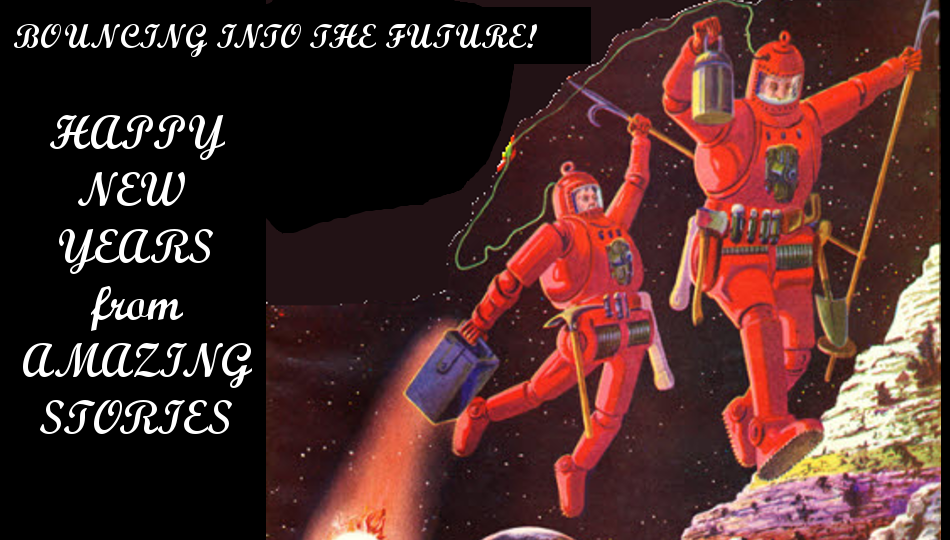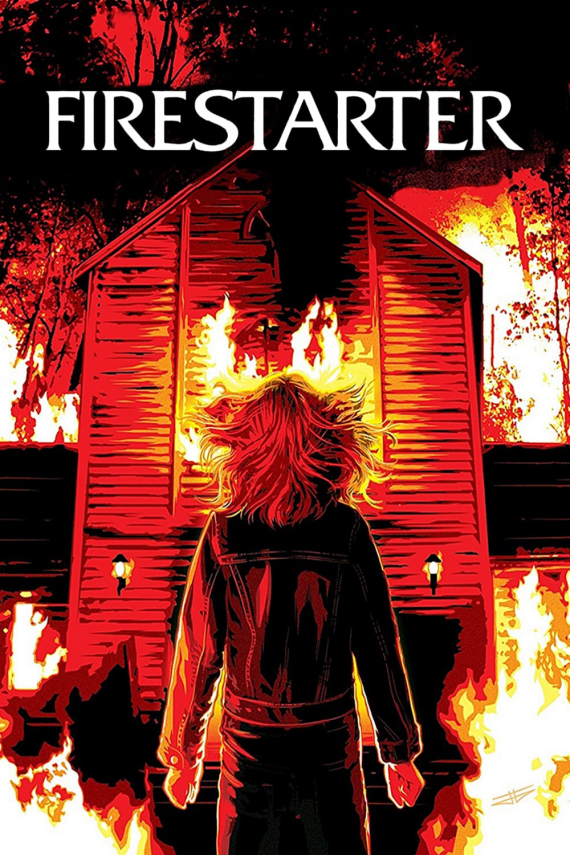“History” is a recounting of What happened. Where it happened, when it happened, to whom it happened. It’s fact-based, accompanied by speculative-filler (presumably also fact-based) where and when the factual data is missing. (And believe me, there are lots of arcaeologists and forensic historians digging frantically on each and every one of those speculative fillers.)
How and Why it happened is not “history”, it’s anything from pure fantasy to reasoned speculation, but it is not the history itself.
This is why things like So-and-So’s History of Science Fiction or some denialist authors’ book on what SF is and is not, and even hastily assembled non-thought experiments claiming to be A history or THE history of the genre really annoy me when they variously ignore the facts or cherry pick the facts or even distort the facts. Doing so renders any speculation they may offer utterly useless.
Except perhaps as an exercise in uncovering the author’s biases and sense of self-importance.
The first and perhaps most abused “fact” about Science Fiction history is ignoring, or at best, eliding the FACT that it began – was founded in – literature. The written word. ALL of it, from bumper stickers to television commercials, can trace its roots and inspirations back to the written word. Displacing the importance of the literature with emphasis on other media (themselves initiated through the written word) is like rendering the story of Br’er Rabbit as a treatise on constructing Tar Babies. Kind of misses the point.
Another “fact” about the genre is, it was formalized as a thing in 1926. Not by the author(s) of the Epic of Gilgamesh, not by Cyrano de Bergerac, nor Jonathan Swift, nor even by Shelley or Poe or Verne or Wells.
There are some who claim that “science fiction has always been a part of literature” and frankly, they are wrong. Fantastical speculations have always been a part of literature; fantastical speculations bounded by scientific knowledge and understanding and deliberately restricted to scientifically based thought-experimentation was defined as its own separate thing, in 1926.
Is Mary Shelley still the “Mother of Science Fiction”? Sure she is. Mothers are not their children. She introduced scientific speculation (of a kind) to the Gothic Tale and used it to explore questions of morality. Her novel demonstrated that science could be woven into a compelling story not as background but as a thematic element.
But she and those other proto-sciencefictioneers are all missing one element (well two, but I won’t quibble); the thought-experiment element was missing, and for good reason. They were not writing “science fiction”. None of their stories are of the “if this goes on” variety. Shelley did not explore the consequences of the ability to reanimate corpses on human society. Wells was not concerned with the paradoxes introduced by a working time machine. They all largely wrote their stories as commentary on morality or society by poking it with some kind of one-off scientific happening.
Close, but not quite yet “science fiction”.
So lets, please, try to get at least the history straight. There remains plenty of room for speculation in the “how and why” department.










